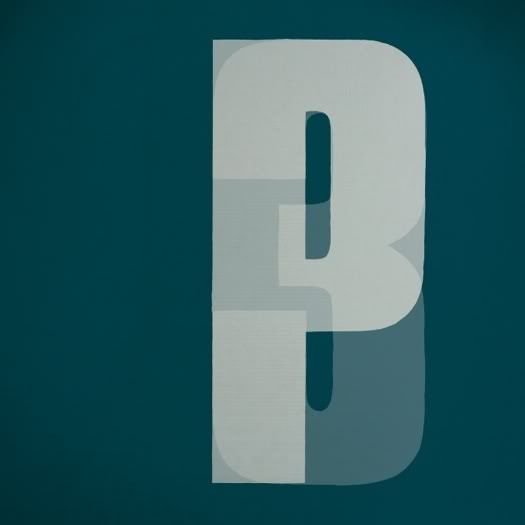 Portishead -- 3 (Mercury)
Portishead -- 3 (Mercury)When Portishead first came on the scene, they were innovators, and arguably the inventors, of the sound known as trip-hop. The music was the embodiment of spy movies and thrillers, with a muted but powerful beat and the incredible vocals of Beth Gibbons. She is the embodiment of hurt and anguish.
The second Portishead album, released 11 years ago, was interesting, because the band didn’t sample tracks. Rather, the band created music and then deconstructed it and sampled it. The efforts didn’t really change the sound. After releasing a live album, it seemed that the band had called it a day.
Yet here is Portishead, back and more exciting than ever. The essential sensibility of the music is unchanged. This is film noir pop at its best.
What has changed is the addition of dissonant elements that make Portishead’s music more challenging than ever. These elements also make the music more compelling then ever, as the dramatic aspects of its songs are heightened. Portishead music is built on creating tension and by using jarring percussion or hard edged guitars or amelodic music concrete, the resulting disorientation only adds to that delicious uneasiness that makes this sound work.
Sometimes the jarring elements hit right away, sometimes they come from nowhere. On “The Rip”, Gibbons sings over a distant blues guitar. The melody is simple, Gibbons wavers and sounds wonderful. A keyboard wends its way underneath. It then gets a bit louder, and finally a new synthesized percussion track comes in and the guitar is suddenly no longer there. Gibbons continues. The transition from organic to synthetic does not break the mood, but enhances it.
The thrilling opener “Silence” mixes the elements differently. The song begins with a repetitive hard percussion break, with a squealing synth and dramatic guitar chords. This goes on for two minutes, and the drums drop out, with Gibbons singing with quiet accompaniment, pleading “Did you know what I lost?/Did you know what I wanted?”. The drums finally kick in again, with Gibbons singing the same melody. Her desperation is powerful with spare instrumentation and become more poignant when the drums pick up the pace, raising the temperature.
The album is full of audacious tracks like “Silence”. The single “Machine Gun” is built on a percussion track that replicates rapid gunfire. The melody of the song is lovely, yet it is in the midst of such harsh sounds. And the track never lets up. “We Carry On” is even more intense, with more strong percussion and a variety of keyboard sounds designed to quicken the pulse. The song has one sublime snatch of melody that leads into a jagged guitar break. This song sounds like its hurtling down the Autobahn at 120 miles per hour, with someone bad in hot pursuit.
Dynamics are an important part of the equation, and Portishead uses them in odd and effective ways. Gibbons voice reverberates on “Plastic” when a loud helicopter noise rises up, turning into a crisp electronic drum roll, then it’s just back to Gibbons and a guitar. Eventually, an electric guitar comes in and it gets louder and louder. Then its just Gibbons again.
It’s all about beauty and tragedy co-existing in the same place. This wouldn’t work nearly as well if it weren’t for the fact that there are some hooks. Perhaps not traditional pop hooks, but every song has something in it that makes it memorable. Mixed in with the atmosphere and enveloping always shifting sounds, and this record demands multiple plays.
Very few records truly excite me anymore. This is one of those very few records. It might be the best album I’ll hear in 2008.





1 comment:
Thanks for the tip on this one. Portishead have always been competent band to me, but not one to seek out. This record is fantastic.
Post a Comment